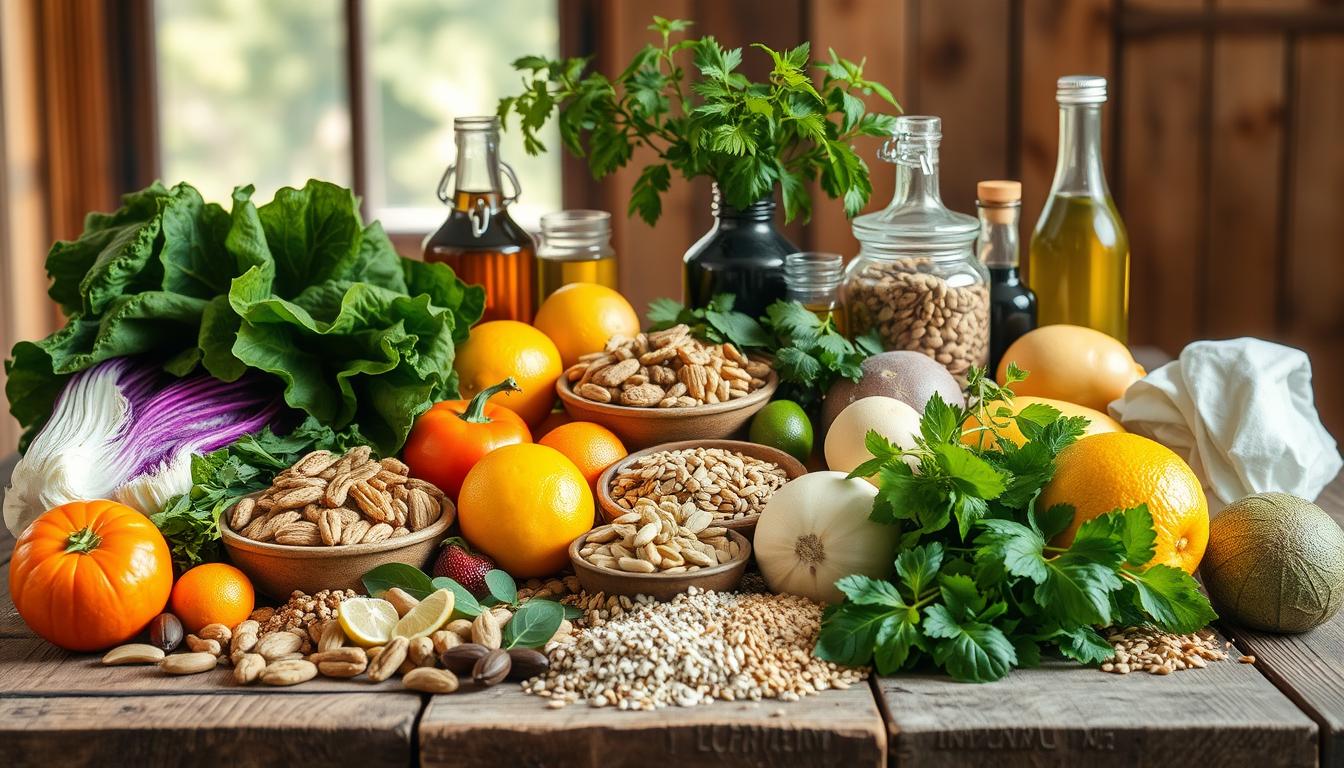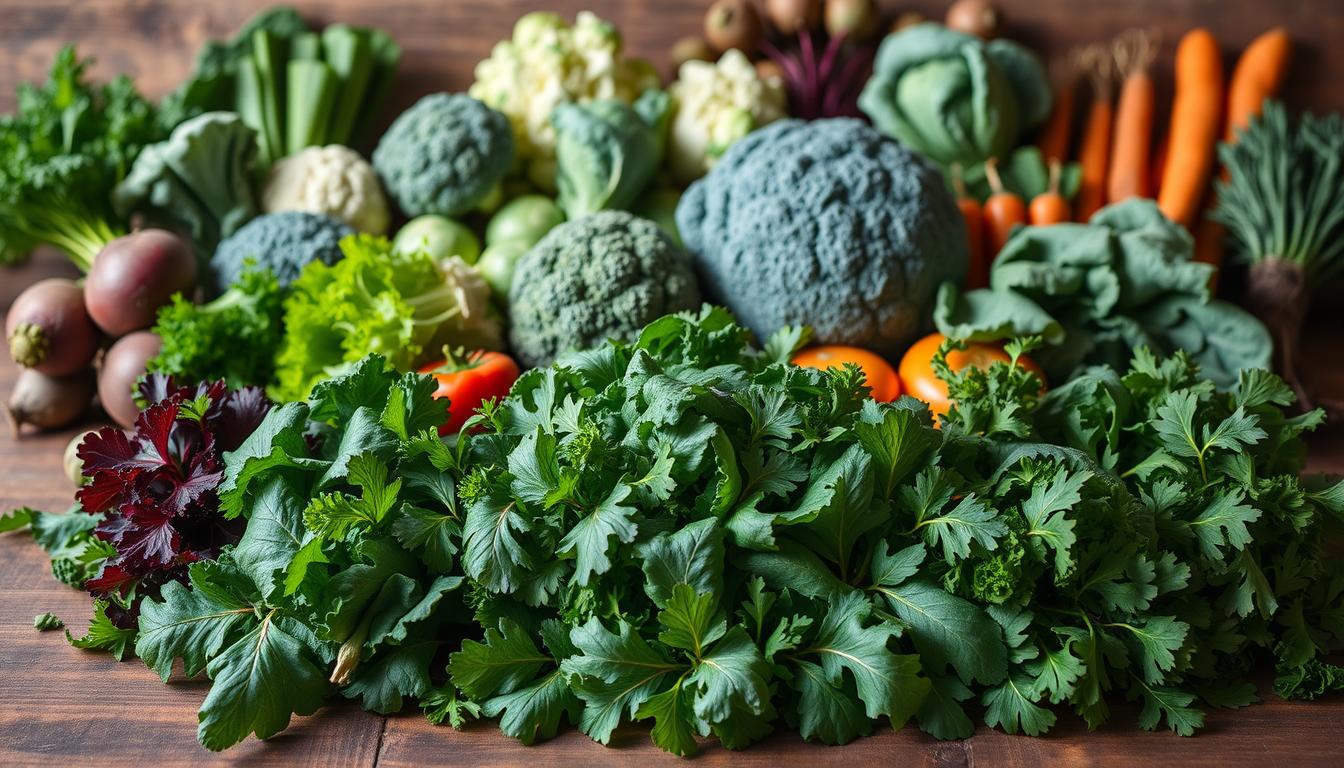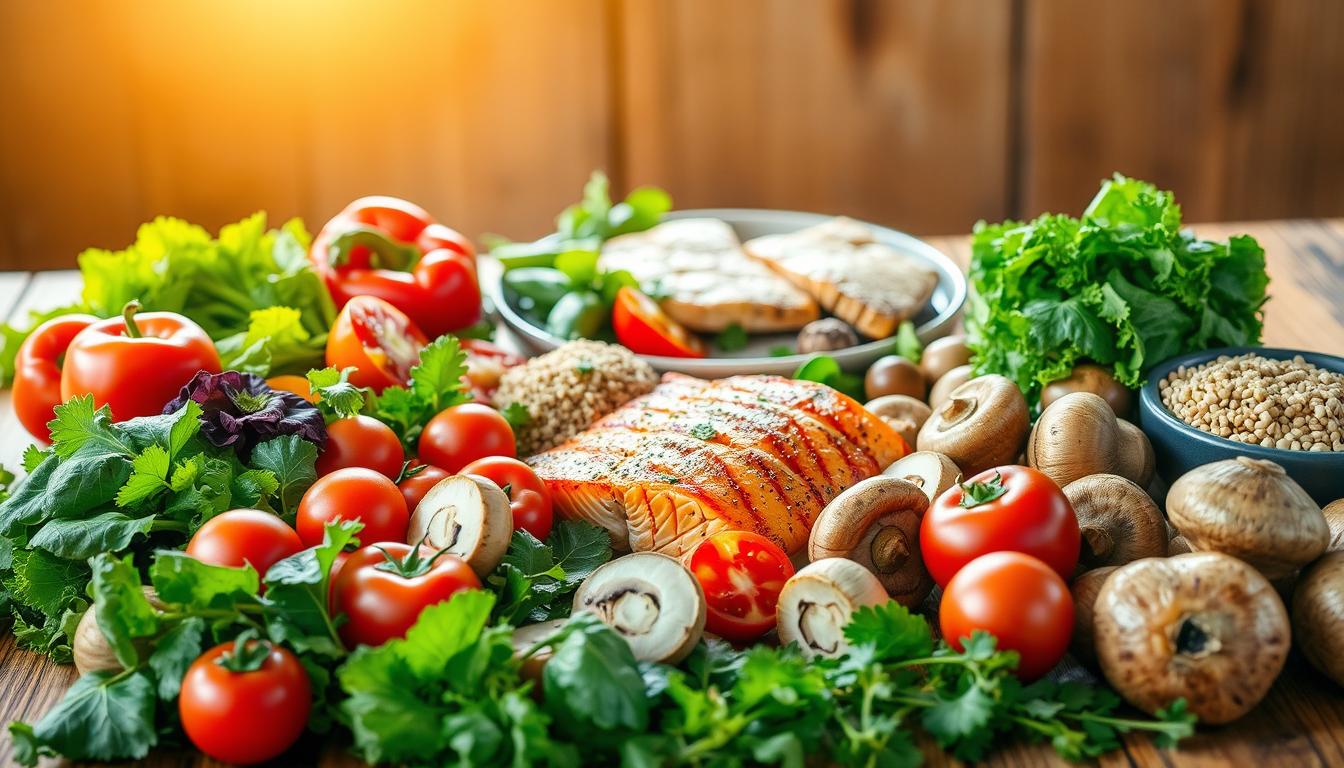A staggering 30% of Americans suffer from liver disease, often without showing any symptoms until it’s too late. The liver plays a vital role in…
Best Veggies for Daily Liver Detox
The liver plays a crucial role in our body’s detoxification process, filtering out toxins and waste products from the blood. With the increasing exposure to…
Best Diet for Fatty Liver Stage 1: A Healthy Approach
Nearly 25% of adults in the United States are affected by fatty liver disease, a condition characterized by excessive fat accumulation in liver cells. A…
How to Reverse Fatty Liver Naturally at Home
Fatty liver disease affects millions of people worldwide, with a staggering 25% global prevalence. This condition can lead to severe health complications, including cirrhosis and…



